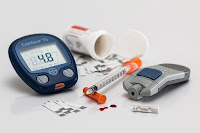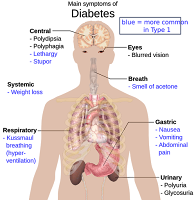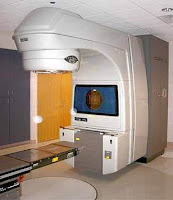How Is Smoking Related to Cancer?
Smoking can bring about malignancy and afterward hinder your body from battling it.
Harms in tobacco smoke can debilitate the body's insusceptible framework, making it harder to slaughter malignancy cells. At the point when this happens, disease cells continue developing without being halted.
Harms in tobacco smoke can harm or change a cell's DNA. DNA is the cell's "direction manual" that controls a cell's ordinary development and capacity. At the point when DNA is harmed, a cell can start becoming crazy and make a malignancy tumor.
Specialists have known for quite a long time that smoking causes most lung growth. Despite everything it genuine today, when almost 9 out of 10 lung malignancies are brought about by smoking cigarettes. Truth be told, smokers have a more serious danger for lung malignancy today than they did in 1964, despite the fact that they smoke less cigarettes. One reason may be changes in how cigarettes are made and what they contain.
Medicines are showing signs of improvement for lung tumor, however regardless it executes a bigger number of men and ladies than whatever other kind of disease. More than 7,300 nonsmokers kick the bucket every year from lung disease brought on by used smoke.
Smoking can bring about tumor anyplace in your body, including the
- Blood (intense myeloid leukemia)
- Bladder
- Cervix
- Colon and rectum
- Throat
- Kidneys and ureters
- Larynx
- Liver
- Lungs
- Mouth, nose, and throat
- Pancreas
- Stomach
- Trachea
Men with prostate growth who smoke may will probably kick the bucket from these infections than nonsmokers.
Smokeless tobacco likewise causes malignancy, including tumors of the:
- Throat
- Mouth and throat
- Pancreas
 How Is Diabetes Treated?
How Is Diabetes Treated? 






